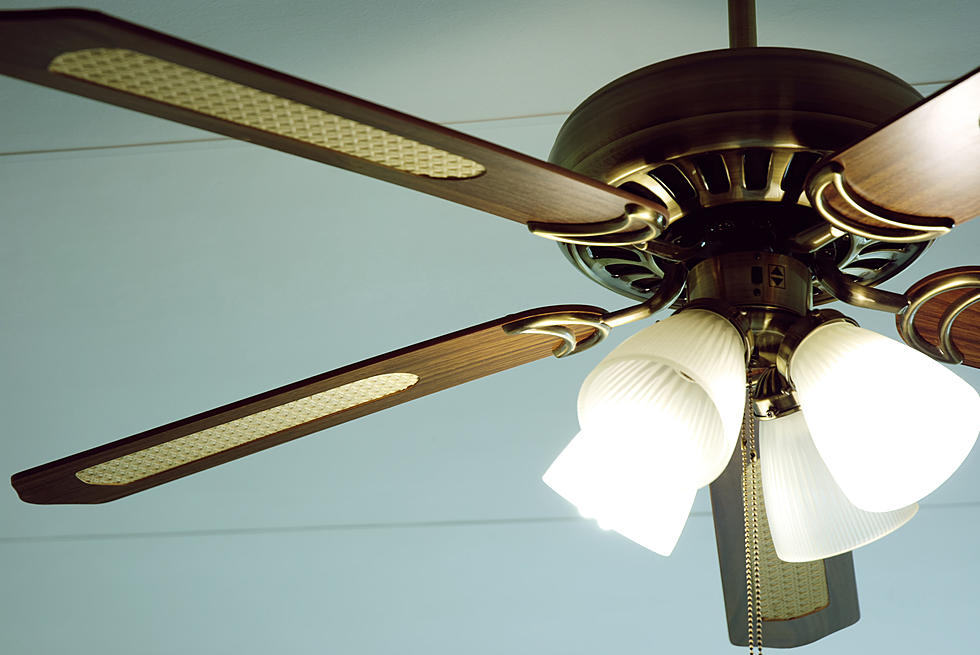
It’s The Time Of Year to Reverse Your Ceiling Fans
If you're sitting near a ceiling fan, turn it on and look at which direction it's spinning. If they're spinning clockwise, it's time to make a change of direction.
Ceiling fan blades are slightly angled, and it's not just for the reason of chopping the air. They're designed to push the room's air up or down, dependent on the direction of rotation.
In the winter, a clockwise-spinning fan set to the lowest speed pull the air up and circulate it with the room so that it mixes, making use of the warm air hanging above our heads.
Then, in summer, a counterclockwise-spinning ceiling fan will push the air back down and away, creating cooling breeze.
To change the direction your ceiling fan's spinning direction, you can check the manual (As if you still have it) for directions on how to switch things up.
Luckily for all of us, they're pretty much the same. On the side of the body of the fan, there's most likely a switch that will change the direction.
If you've got one of those fancy fans that has a wall panel or remote with more buttons than you understand, you most likely can switch the direction from there.
Not only will you be more comfortable in both seasons, your energy bill will be impacted too. The Department of Energy says your thermostat can go up or down about four degrees dependent on the season you're working in.
Read more at NY1

LOOK: The Most Famous Actor Born Every Year
More From 97X









